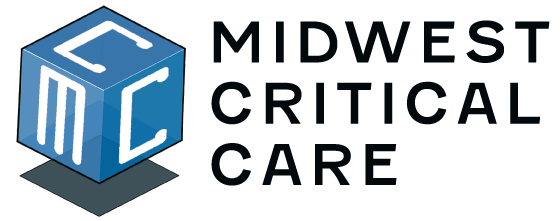Critical care staffing is a crucial aspect of providing quality healthcare services in hospitals. With the increasing demand for healthcare services and the shortage of qualified critical care professionals, hospitals must have access to a reliable source of staffing to meet the needs of their patients. To meet this demand, hospitals have two main options for staffing: permanent and short-term options.
Permanent staffing is a long-term solution to meet the ongoing staffing needs of a hospital. This option allows hospitals to maintain a consistent level of staffing and provide patients with the same level of care over time. Permanent staff are trained in the specific needs of their hospital, have established relationships with their colleagues, and are able to provide a stable and consistent level of care to patients. They are also able to provide continuity of care, which is critical in the critical care setting.
Short-term staffing options, such as locum tenens or travel nursing, are a flexible solution to meet the staffing needs of a hospital in the short term. They provide hospitals with the ability to respond to sudden increases in patient demand, staff shortages, and other unexpected events. Additionally, short-term staffing options provide hospitals with the ability to bring in experienced critical care professionals who have a broader range of skills and experience. These professionals can provide valuable support and training to permanent staff and help to maintain the quality of care provided to patients.
Hospitals require both permanent and short-term staffing options to ensure that they have the necessary staffing levels to meet the needs of their patients. Permanent staffing provides a stable and consistent level of care, while short-term staffing options provide flexibility and access to experienced critical care professionals. By combining these two options, hospitals can ensure that they have the necessary staffing levels to provide quality care to their patients, regardless of the circumstances.

